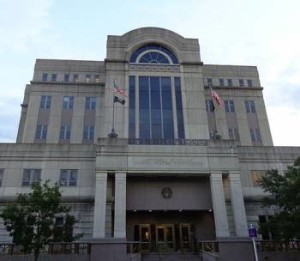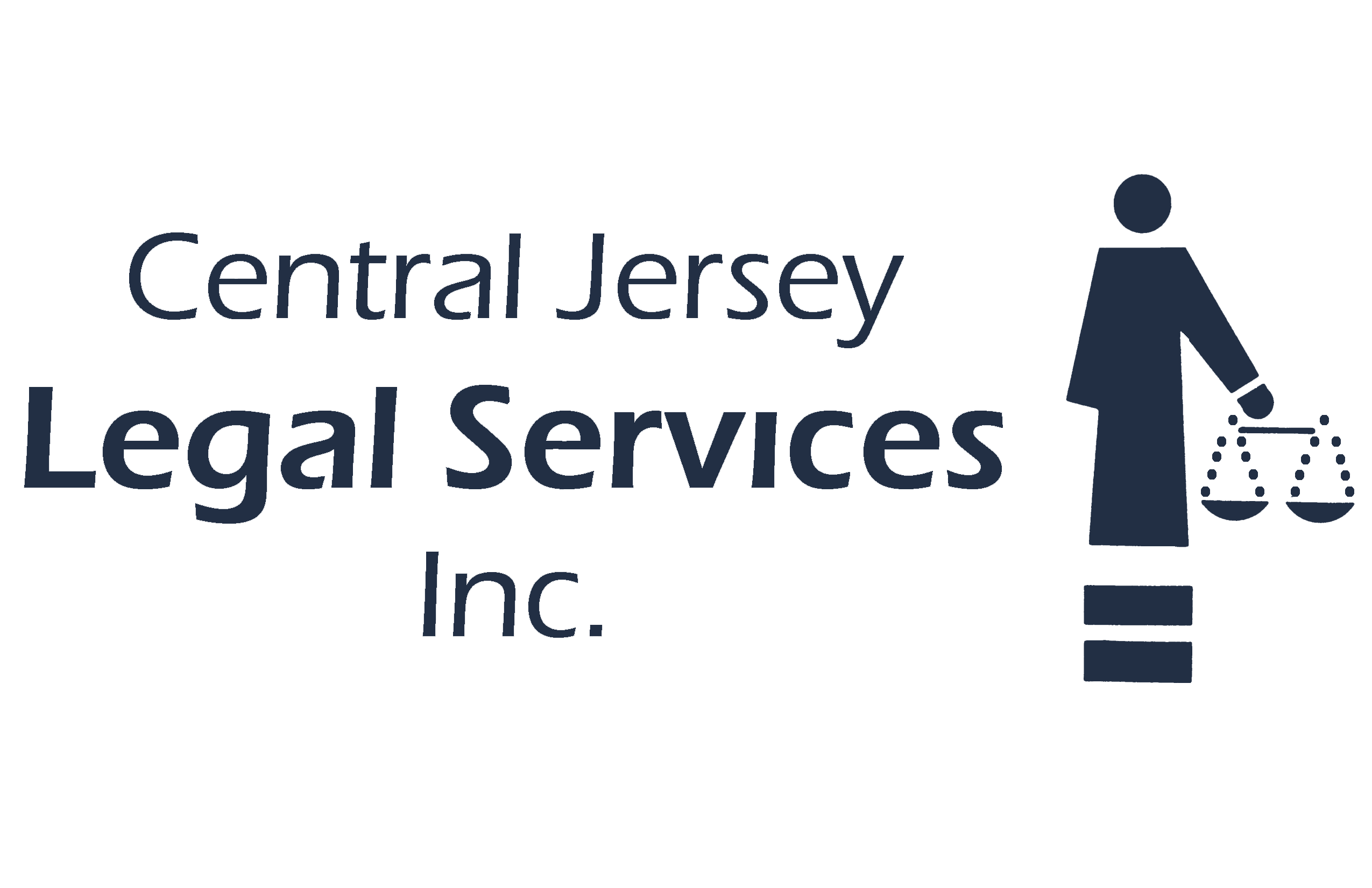 Federal courts are the courts of the national government. Federal trial level courts are called District Courts. Every state has at least one federal District Court.
Federal courts are the courts of the national government. Federal trial level courts are called District Courts. Every state has at least one federal District Court.
Federal Court System: District Courts
In New Jersey, there are District Courts in three cities: Camden, Newark, and Trenton. Federal District Courts have “limited jurisdiction.” Jurisdiction refers to a court’s power over certain people and types of cases. Generally, federal District Courts have power over two types of cases:
- Cases that involve more than $75,000 and are between people who live in two different states; or
- Cases about federal laws or the Constitution.
There are also federal trial courts that only handle one type of case. Bankruptcy Court and Immigration Court are two examples of courts that only handle one type of case.
The federal court system has two levels of appellate courts: Circuit Courts and the United States Supreme Court. Circuit Courts are the intermediate or middle level appellate courts. The United States has twelve Circuits. Every Circuit Court hears appeals from a certain group of states and territories. For example, the Third Circuit hears cases from the District Courts in New Jersey, Pennsylvania, Delaware, and the Virgin Islands. There are a different number of judges in every Circuit. Usually, a panel of three judges hears a case and makes a decision.
The Supreme Court
The United States Supreme Court is the highest court in the country. The Supreme Court has nine judges. The judges on the Supreme Court are called Justices. The rules about what cases the Supreme Court can hear are complicated. Usually, the Supreme Court hears appeals from the Circuit Courts. However, it can also hear cases from the highest state appellate courts. The Supreme Court does not have to hear every appeal it receives. In fact, it only hears a very small number of cases. Every year, the Court receives about 10,000 appeals but it only hears about 80 of those cases. Usually, the Supreme Court will only select a case if it deals with a serious issue that impacts the entire country. Sometimes, the Supreme Court will select a case to resolve differing opinions in the Circuit Courts.



